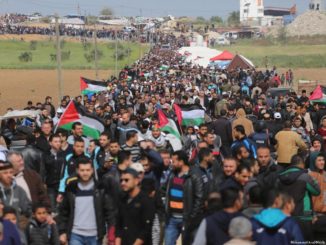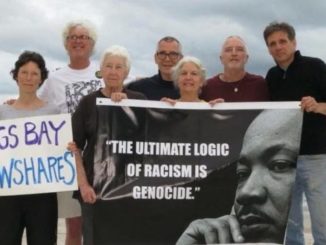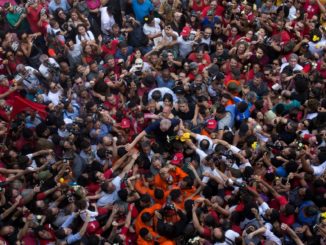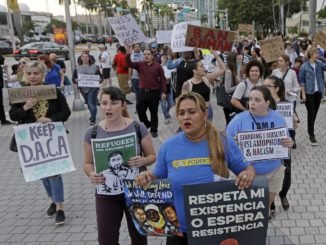Source: The Nation
Twenty-five years ago, young Russian journalists created an independent newspaper to tell the truth about the past and present without censorship or fear. Since then, Novaya Gazeta has remained the chief outpost of freedom of speech, courageous investigations, and protection of human rights in Russia.
The terrible fire in a Kemerovo mall in March that took dozens of lives, half of them children, stunned the nation. The disaster, which happened almost immediately after the presidential elections, the cynicism of officials who had more sympathy for the leadership of the Siberian region and the country than for the victims’ families, and the belated reaction from Moscow brought people out into the streets of Kemerovo and dozens of other cities in Russia. The demonstrations of solidarity with the mall-fire victims in Kemerovo blended with the protests against toxic dumps in the Moscow region and in Yekaterinburg with the rallies against the decision to abolish mayoral elections. read more





